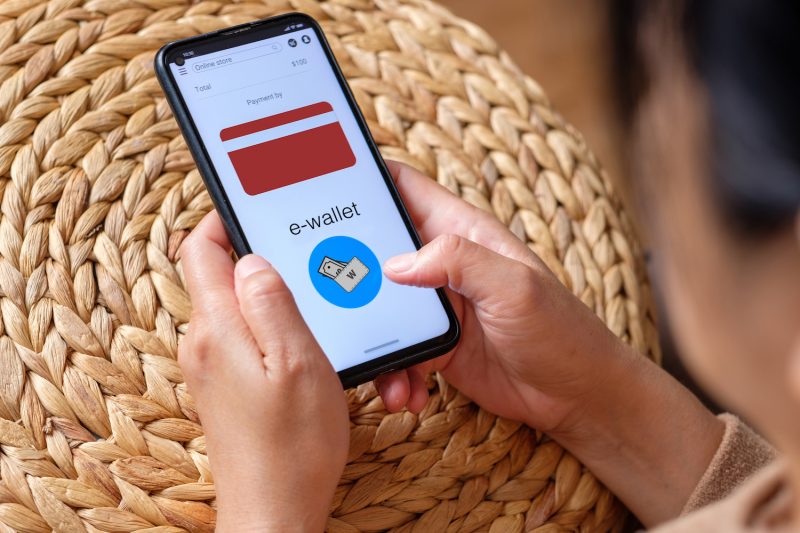Digital wallets are electronic devices or software that securely store users’ financial information and facilitate various payment transactions. These wallets make financial transactions faster and more secure for both individuals and businesses.
Principles of Digital Wallet Operation
Digital wallets are designed to store users’ financial information and utilize this information for various transactions. Generally, digital wallets operate as follows: Users sign up for a digital wallet application and verify their identity. This process can involve using email, phone numbers, or biometric data. Users then add credit card, debit card, cryptocurrency, or other payment information to the digital wallet. This information is encrypted and securely stored by the wallet.
During a payment transaction, the user chooses to make a payment using their wallet. Payment details are transmitted using NFC, QR codes, or other communication methods. The wallet requires user authentication during the payment process. Authentication can be performed through methods such as fingerprint recognition, facial recognition, or a password. Once authentication is completed, the payment information is processed, and the transaction is finalized. Users can track transaction details through the wallet.
Types of Digital Wallets
Digital wallets can be categorized based on their usage and features:
- Mobile Wallets: Mobile wallets are applications that run on smartphones and tablets. These wallets enable users to make fast and secure payments using financial information stored on their devices. Users complete transactions by bringing their device close to the payment terminal. Mobile wallets can also be used for online shopping and in-app payments.
- Desktop Wallets: Desktop wallets operate through software installed on computers. These wallets are typically used for storing and managing cryptocurrency. Desktop wallets keep users’ private keys secure and allow them to perform cryptocurrency transactions. Users can send and receive cryptocurrencies, track balances, and manage transactions through the wallet software.
- Web Wallets: Web-based wallets are digital wallets accessible through internet browsers. These wallets allow users to manage their financial information from any device. Web wallets are commonly used for online payments and cryptocurrency transactions. Users create an account, log in, and store their financial information in the web wallet. Security is provided through encryption and two-factor authentication.
- Hardware Wallets: Hardware wallets are physical devices designed to securely store cryptocurrencies. These wallets protect private keys by keeping them offline, thus shielding them from internet-based attacks. Users connect their hardware wallet to a computer or mobile device to perform transactions and approve them physically.
The Future of Digital Wallets
Digital wallets will continue to play a significant role in the future of financial transactions. With technological advancements, the scope and capabilities of digital wallets will expand. The growing adoption of blockchain and cryptocurrency technologies is increasing the importance of digital wallets. Additionally, advanced technologies such as biometric authentication and artificial intelligence will further enhance the security and user experience of digital wallets.
Digital wallets are technologies that make financial transactions more secure, fast, and convenient. With various types including mobile, desktop, web-based, and hardware wallets, digital wallets offer different features to meet users’ needs. These wallets ensure the secure storage of financial information and facilitate payment transactions. Understanding the principles and types of digital wallets will help users make the most of this technology.

